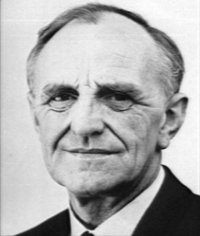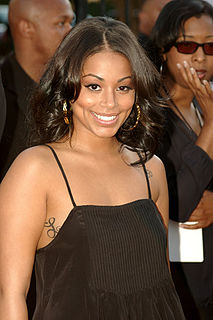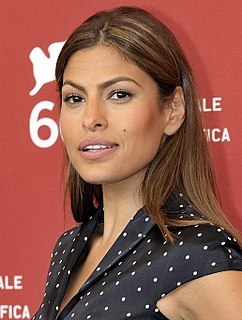A Quote by Milan Kundera
Tereza's mother never stopped reminding her that being a mother meant sacrificing everything. Her words had the ring of truth, backed as they were by the experience of a woman who had lost everything because of her child. Tereza would listen and believe that being a mother was the highest value in life and that being a mother was a great sacrifice. If a mother was Sacrifice personified, then a daughter was Guilt, with no possibility of redress.
Quote Topics
Backed
Because
Being
Being A Mother
Believe
Child
Daughter
Everything
Experience
Great
Great Sacrifice
Guilt
Had
Her
Highest
Life
Listen
Lost
Lost Everything
Meant
Mother
Never
Never Stop
Possibility
Redress
Reminding
Ring
Sacrifice
Sacrificing Everything
Stopped
Then
Truth
Value
Were
Woman
Words
Would
Related Quotes
As Anna Freud remarked, the toddler who wanders off into some other aisle, feels lost, and screams anxiously for his mother neversays "I got lost," but accusingly says "You lost me!" It is a rare mother who agrees that she lost him! she expects her child to stay with her; in her experience it is the child who has lost track of the mother, while in the child's experience it is the mother who has lost track of him. Each view is entirely correct from the perspective of the individual who holds it .
Her mother was a Christian Scientist who didn't believe in calling doctors. So when my mother caught whooping cough as a baby, stopped breathing and turned blue, her mother revived her by spanking her on the bottom. She saw life itself as a gift and saw her own survival as precious and a matter of chance.
I lost my mother when I was 7 and they put her in a mental hospital. My brother and I watched her being taken away in a strait jacket. That's something you never forget. And my stepmother was like in the movie 'Precious.' I couldn't handle it. So I said to myself, 'I don't have a mother. I don't need one. I'm going to let music be my mother.'
She liked being reminded of butterflies. She remembered being six or seven and crying over the fates of the butterflies in her yard after learning that they lived for only a few days. Her mother had comforted her and told her not to be sad for the butterflies, that just because their lives were short didn't mean they were tragic. Watching them flying in the warm sun among the daisies in their garden, her mother had said to her, see, they have a beautiful life. Alice liked remembering that.
Ah! how much a mother learns from her child! The constant protection of a helpless being forces us to so strict an alliance with virtue, that a woman never shows to full advantage except as a mother. Then alone can her character expand in the fulfillment of all life's duties and the enjoyment of all its pleasures.
Motherhood involves a special communion with the mystery of life, as it develops in the mother's womb. The mother is filled with wonder at this mystery of life, and 'understands' with unique intuition what is happening inside her. In the light of the 'beginning', the mother accepts and loves as a person the child she is carrying in her womb. This unique contact with the new human being developing within her gives rise to an attitude towards human beings - not only towards her own child, but every human being - which profoundly marks the woman's personality.
A mother's love is everything, Jared. It is what brings a child into this world. It is what molds their entire being. When a mother sees her child in danger, she is literally capable of anything. Mother have lifted cars off of their children, and destroyed entire dynasties. A mother's love is the strongest energy known to man. You must that love, and it's power.
The mother gazes at the baby in her arms, and the baby gazes at his mother's face and finds himself therein... provided that the mother is really looking at the unique, small, helpless being and not projecting her own expectations, fears, and plans for the child. In that case, the child would find not himself in his mother's face, but rather the mother's own projections. This child would remain without a mirror, and for the rest of his life would be seeking this mirror in vain.
The myth of independence from the mother is abandoned in mid- life as women learn new routes around the mother--both the mother without and the mother within. A mid-life daughter may reengage with a mother or put new controls on care and set limits to love. But whatever she does, her child's history is never finished.






































